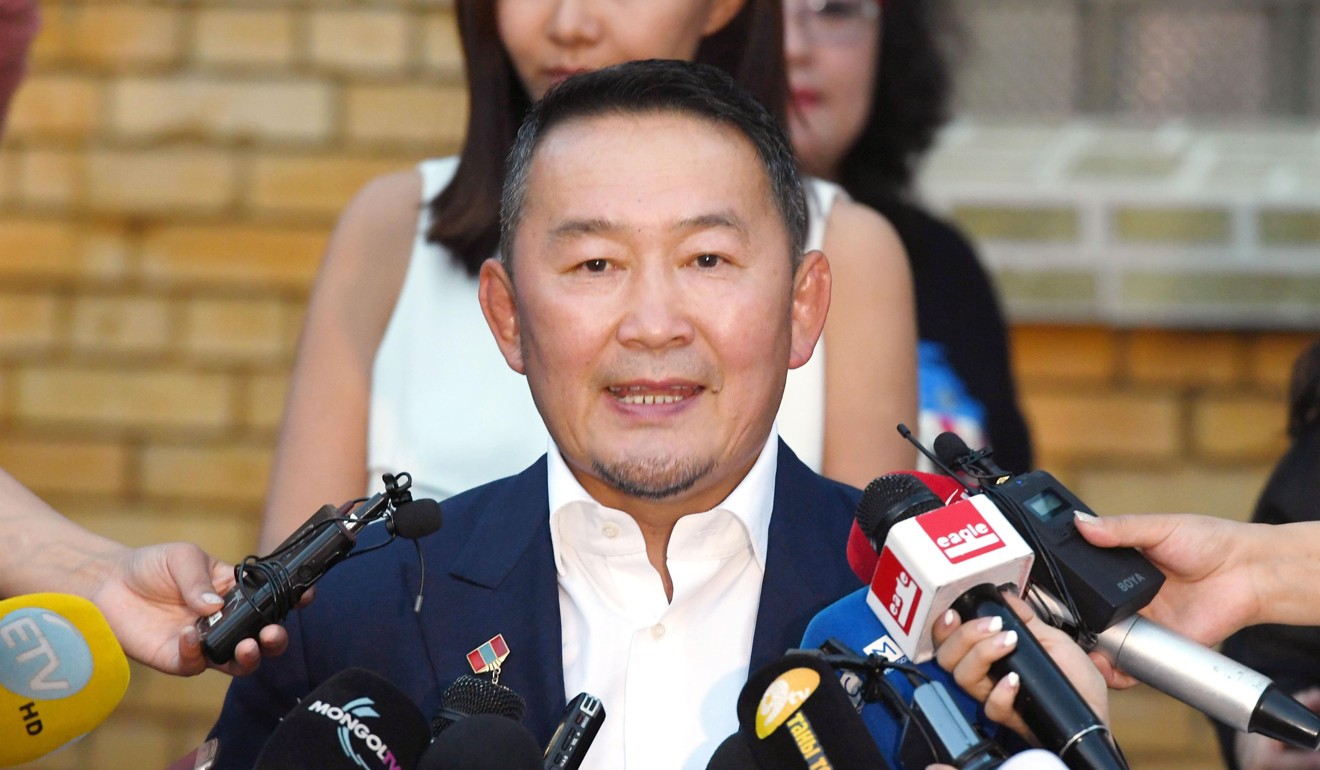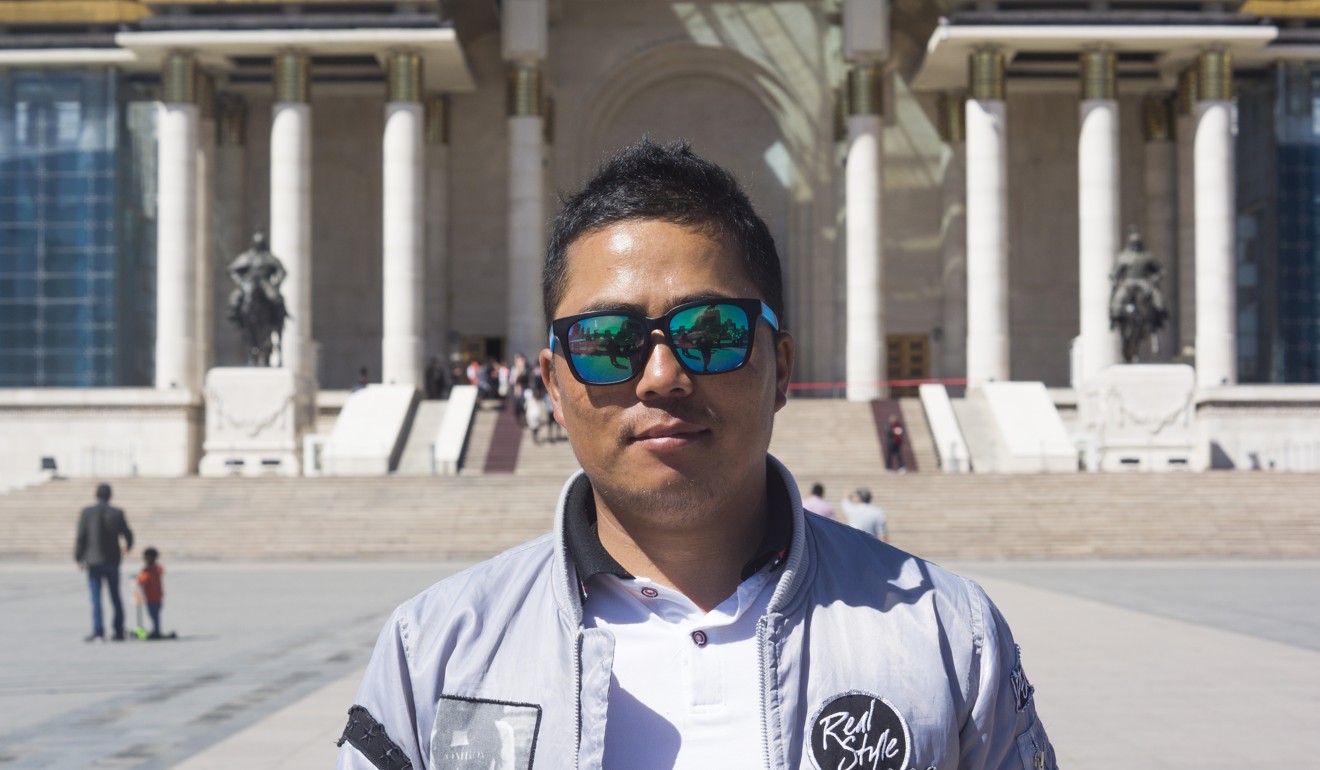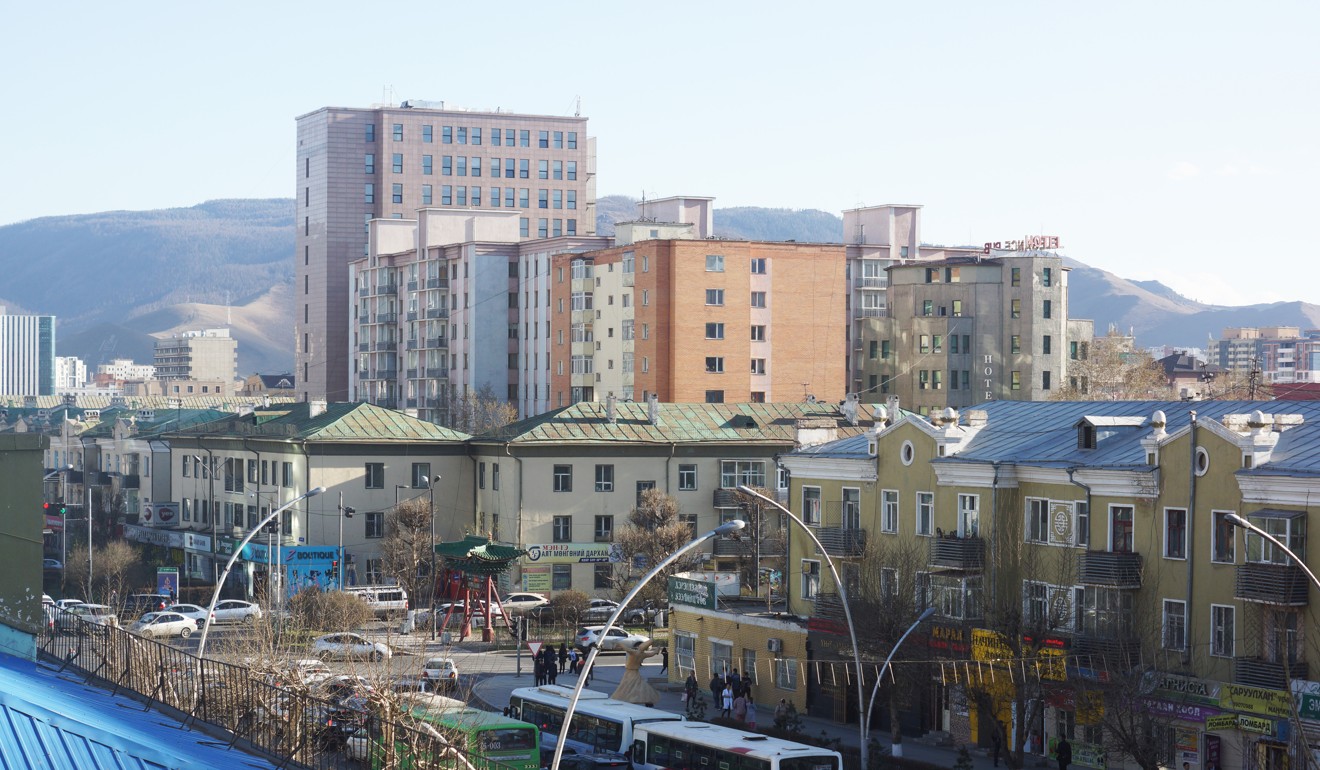
Trump, Kim, Mongolia? A dream fades in the Switzerland of Asia
Mongolia hoped it would be put on the diplomatic map when speculation grew Ulan Bator would host a meeting between the two leaders. Now those dreams seem as empty as its vast open plains
As spring breathes fresh life into Mongolia, hopes that its capital Ulan Bator could soon be the stage for a different kind of thaw are melting fast.
And for neutral observers in the country that had been nursing ambitions of becoming the ‘Switzerland of Asia’, it’s hard not to share Mongolians’ sense of missed opportunity.
Now, just a Tweet or two later from the world’s most powerful man and its hopes appear as empty as the vast open plains for which Mongolia is so famous.
Hang on, what language is Kim Jong-un speaking?
Speculation over Mongolia’s role went into overdrive when its former president Tsakhiagiin Elbegdorj – perhaps sensing that a successful summit in Ulan Bator would put the country of population just 3 million firmly on the diplomatic map – jumped on Trump’s announcement in March that he was open to meeting the North Korean leader. Ulan Bator was best suited to play host, Elbegdorj said, without missing a beat.
“Mongolia would be a neutral third party,” he said. “This policy renders Mongolia to be called the ‘Switzerland of Asia’. World and regional peace is Mongolia’s [utmost] important mission.”
Mongolia’s current president, Khaltmaa Battulga, voiced his support, too. Following the inter-Korean summit between the South’s President Moon Jae-in and the North’s Kim Jong-un on April 27, Battulga praised Kim’s leadership and outlined the importance of the Korean peace process to the entire region.
“The event was an important step toward maintaining peace and security not only in the Korean peninsula, but in Northeast Asia, as well as the world,” Battulga wrote to Kim. “I believe that our two countries’ 70 years of friendship, [the] foundation of which was strongly laid by generations of leaders of Mongolia and [North Korea], will be consolidated even more in future.”
Since then, no formal location – or even a date – for the Trump-Kim summit has been announced by Washington or Pyongyang. But Trump has suggested the DMZ is now his preference. On April 30, he tweeted: “Numerous countries are being considered for the meeting, but would Peace House/Freedom House, on the border of North & South Korea, be a more representative, important and lasting site than a third party country? Just asking!”

Most observers now see the DMZ as the overwhelming favourite to host the summit, as both South and North Korean governments have welcomed Trump’s suggestion. But there is still a glimmer of hope in Mongolian eyes. If, for whatever reason, the DMZ falls out of favour, the Mongolian capital has assets that would make it a logical back up choice.
It’s no joke: the North Korean nuclear crisis could get Trump the Nobel Prize
The country has hosted leaders from both the US and North Korea in the past – US President George W. Bush visited in 2005. And Pyongyang’s rail connectivity to Ulan Bator also eliminates concerns about the reliability of North Korea’s aged air fleet and its ability to safely transport Kim to the summit location.

Ogi, 35, who sells oil paintings in front of Mongolia’s parliament, remains hopeful Ulan Bator will get its moment in the spotlight. “The whole world would have their eyes on Mongolia,” he said, wistfully.
Over at Ulan Bator’s English-language daily newspaper, reporter Chintushig Boldsukh, 22, was less optimistic. “A lot of people are disappointed, myself included,” he said. “It would have been a huge opportunity for Mongolia to vault itself into the group of neutral countries such as Switzerland and Sweden.”
And yet others wonder if a summit might have been a double-edged sword anyway. “Of course it would be a big deal … but it would be controversial,” said Sarnai, a barista in Ulan Bator’s flourishing cafe scene. “[Detractors] might protest over having two evil people come to Mongolia.”

But protests would be unlikely, even if some in the city had grumbled about the summit’s would-be impact on traffic, according to reporter Boldsukh. “Mongolians don’t seem to generally have that same contempt for Trump and generally have a more favourable view of North Korea [than the rest of the world],” he said.
Mongolian media has reported “low-level government meetings between North Korea and the US [have] taken place in Mongolia recently as the two countries initiated preliminary meetings”.
Unfortunately for Mongolia, it now seems unlikely that its role as facilitator between the two countries will reach the heady heights of hosting their leaders in a head-to-head meeting.
Even so, the publicity of Mongolia’s credentials on the diplomatic stage have done no harm.
Former president Elbegdorj is adamant Mongolia will continue to seek a role in regional diplomacy.
“Mongolia has always had its doors open wide for talks and engagement for resolving the issues of concern for the international community, including the security of the Korean peninsula,” he said. “And we will always remain open.” ■

